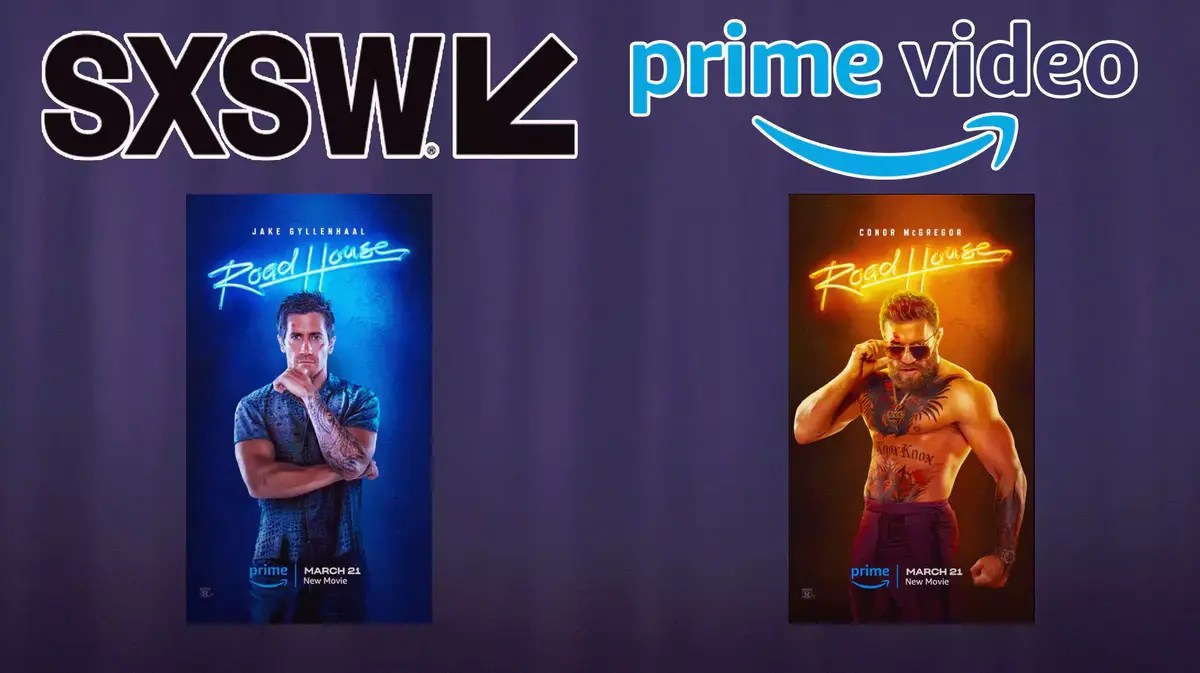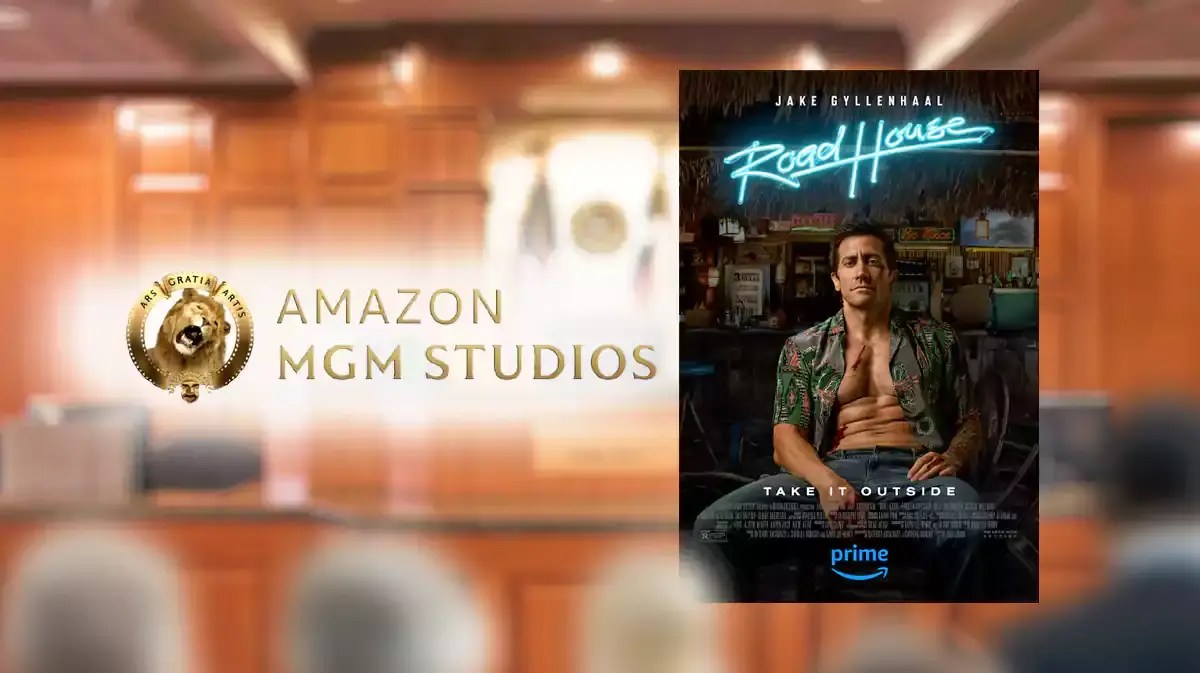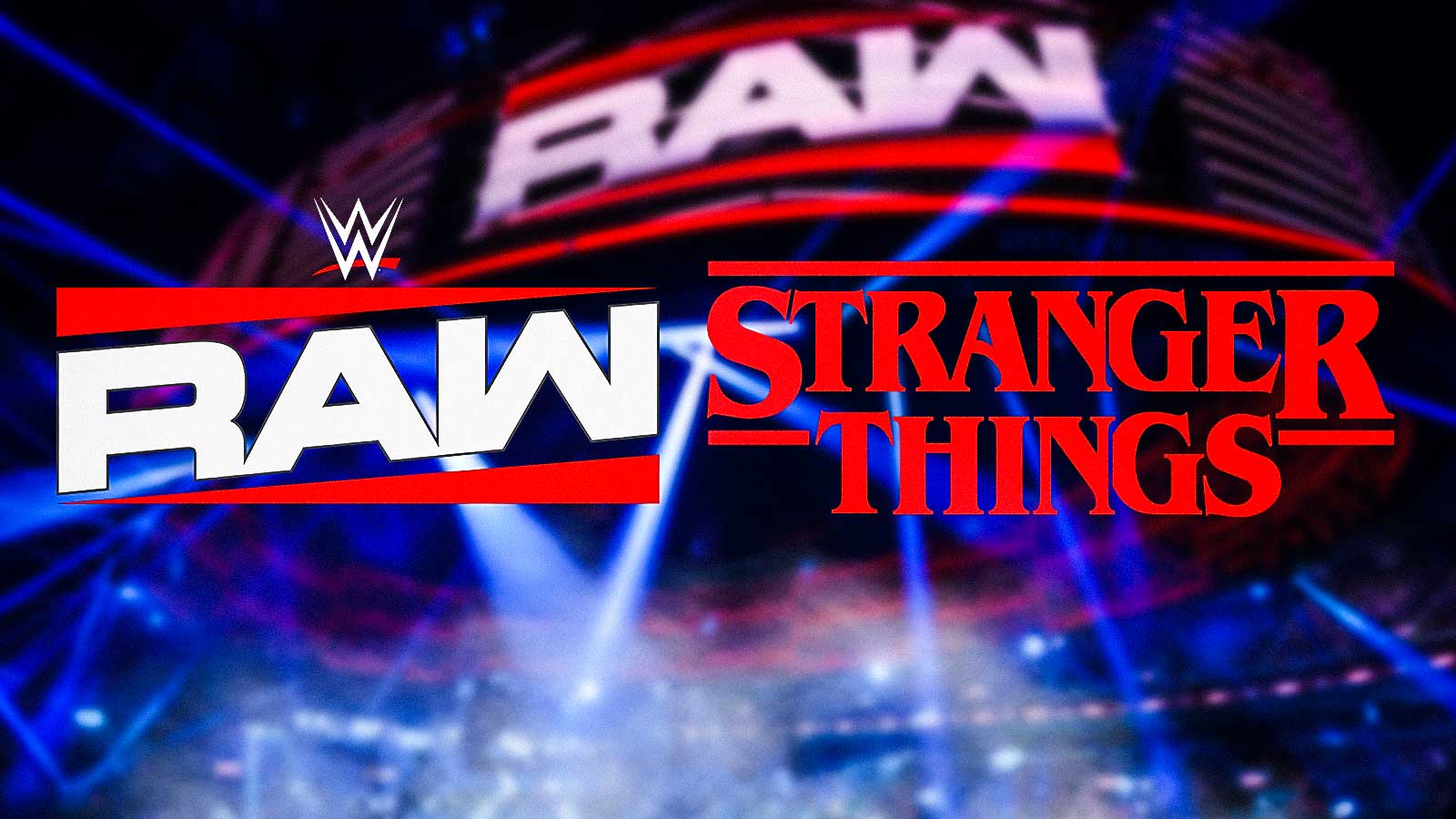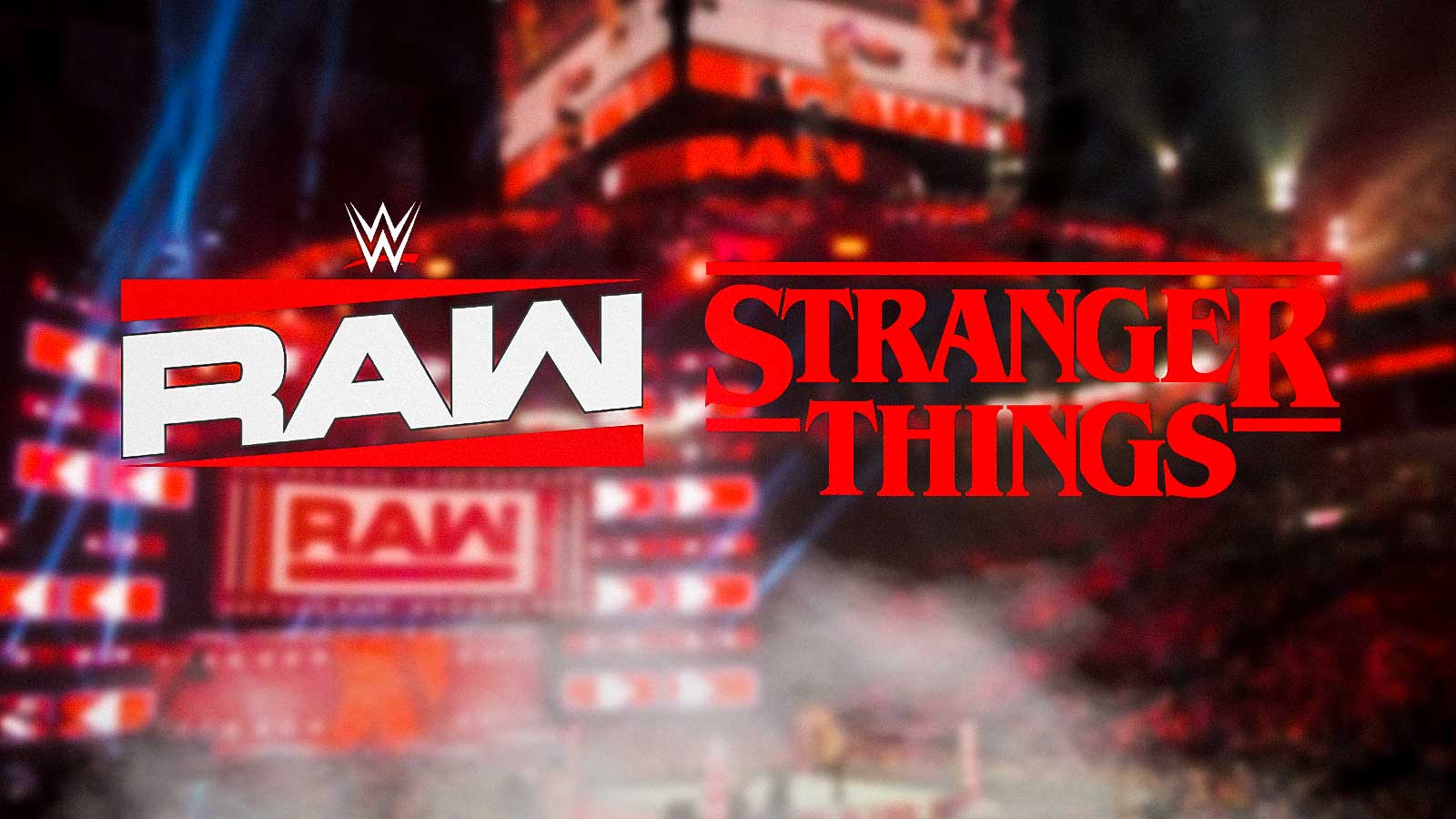Amazon Studios is being sued by the original screenwriter of its upcoming film Road House, according to The Hollywood Reporter.
The scriptwriter of the 1989 film, R. Lance Hill, filed a lawsuit on Tuesday at the California federal court. In the complaint, he's accusing MGM Studios and parent company Amazon of copyright infringement. Hill claimed that the companies refused to license the screenplay he wrote in 1986 after he worked to get the rights back to his work. He's also seeking a court order to block the movie's release.
The complaint stated that Amazon self-imposed a deadline for the studio to complete the film's remake. In order to meet this deadline, which was complicated by the SAG-AFTRA strike last year, the lawsuit also claimed that the studio used generative artificial intelligence to reproduce the actors' voices, which is a violation of the actors' union and Directors Guild of America collective bargaining agreements.
What's in a copyright?
Amazon MGM Studios released a statement and said that the suit is “completely without merit” and “numerous allegations are categorically false.”
“The film does not use any AI in place of actors' voices. We look forward to defending ourselves against these claims,” the statement added.
This lawsuit is the latest in a long line of complaints initiated by authors who are using a copyright law provision which allows them to reclaim rights to their work after a period of time, usually 35 years. Studios have considered this as huge stumbling block since they are now facing the possibility of losing their rights to works that date back to the '80s.
Currently, there are lawsuits pending from authors of Predator, Terminator and Friday the 13th, among others. Most of the suits have been settled.
Hill, who uses the pseudonym David Lee Henry, went to work on recovering his screenplay's copyright on Nov. 10, 2021, which meant it took two years for him to claw back rights to his work. He said the both MGM and Amazon refused to acknowledge his ownership of the copyright as well as to license his screenplay.
Hill accused the studio of steamrolling “ahead with the production of a remake of the 1989 Film derived from Hill's screenplay.” The complaint also noted that the movie wasn't finished until late January this year, which is after the “effective date of Hill's statutory termination.”
While he was given a “story by” credit on the upcoming film and the credit “Based on the motion picture ‘Road House,' Screenplay by David Lee Henry,” Hill insists that the termination is valid and is not a “work-made-for-hire” as Amazon claimed.
The 1986 script was written “on spec,” according to Hill. This means that he wrote it on his own with the hope of finding a buyer. United Artists ended up buying it which then released the 1989 film starring Patrick Swatze. MGM, in turn, acquired MGM.
Another road bump for Road House

This lawsuit isn't the only thing that has plagued Road House even before it premieres March 8 at SXSW and March 21 on Prime Video. Previously, director Doug Liman wrote an op-ed piece on Deadline stating that he was boycotting the film's premiere at the movie festival. He took issue with the studio refusing to hold a theatrical release for the movie and sending it straight to streaming.
According to Variety, star Jake Gyllenhaal has weighed in on the controversy and said that Amazon had always been clear that the movie was meant for global streaming. Sources have also said that both Liman and the actor were offered by the studio to choose between taking $60 million and release the movie in cinemas or $85 million and stream it worldwide. Both reportedly took the latter offer.
As of this writing, Road House is still on track to premiere at SXSW and then be available to stream globally on Prime Video.
The copyright infringement lawsuit as well as the accusation of the use of AI in breach of SAG and DGA rules has been filed. It remains to be seen if Hill gets an injunction to stop the film from being released both at the film festival and on the streaming platform.


















